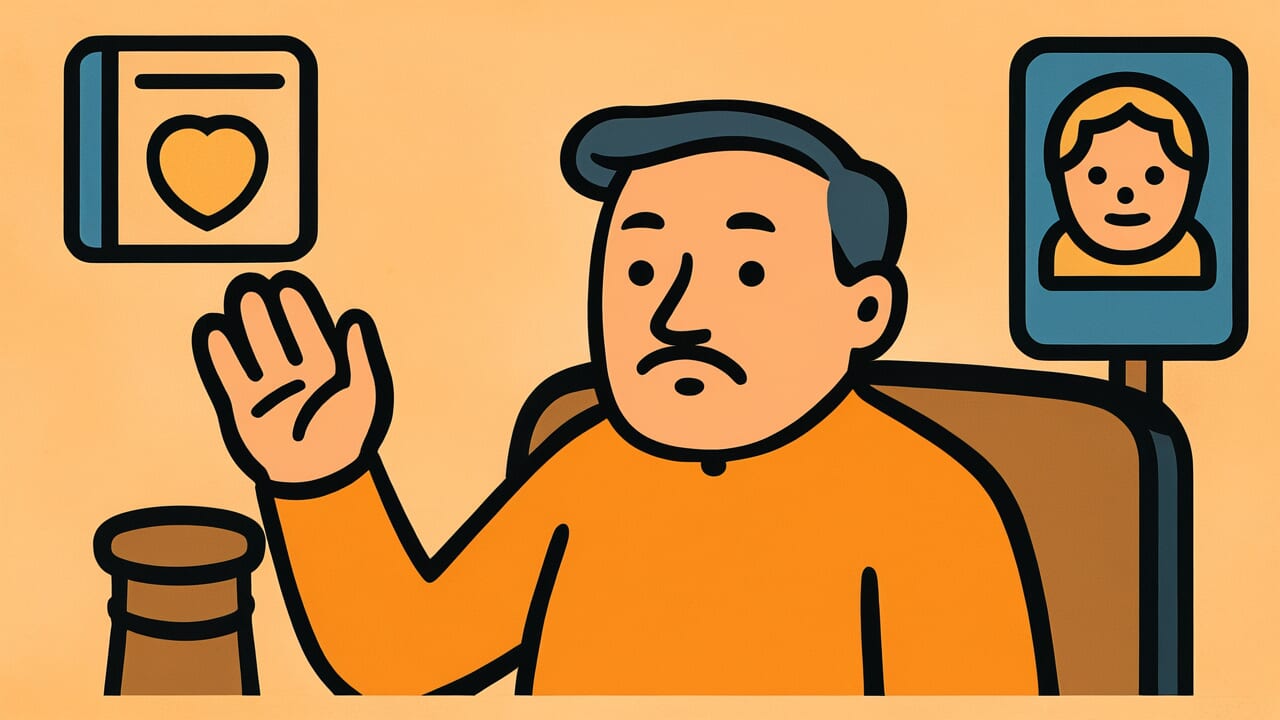How to Read “A long life brings many shames”
Inochi nagakereba haji ōshi
Meaning of “A long life brings many shames”
This proverb expresses a reality of life. The longer you live, the more opportunities you have to experience embarrassing moments.
As long as we’re alive, we can’t completely avoid failures and mistakes. Mistakes that might be forgiven in youth can be seen as “inappropriate for your age” when you’re older.
When times change, actions and ideas once considered correct become outdated. This can lead to embarrassing situations.
Physical strength and memory decline with age. This sometimes causes unexpected blunders.
People often use this proverb when lamenting old age or failures. It expresses the complex feelings of not being able to simply celebrate longevity.
However, this doesn’t mean viewing life negatively. Rather, it shows a realistic and honest view of life that acknowledges human imperfection.
Origin and Etymology
The exact source of this proverb is unclear. However, it’s believed to express a view of life passed down from ancient Japan.
Looking at the structure, “inochi nagakereba” means living a long life. “Haji ōshi” indicates that embarrassing experiences increase.
This contrasting structure suggests something interesting. Longevity, which seems like a good thing, actually has another side to it.
Traditional Japanese values placed great weight on shame. In the samurai spirit, honor was valued and avoiding shame was considered a virtue.
Against this cultural background, a realistic view of life developed. Living long doesn’t necessarily bring only happiness.
As long as people live, they make wrong judgments, fail, and can’t keep up with changing times. You might feel ashamed of your past actions that you couldn’t understand when young.
If you live long, you might experience once-respected values being treated as old-fashioned.
This proverb can be seen as an expression containing a kind of enlightenment. It frankly acknowledges these realities of life.
Usage Examples
- I realize now that my judgment back then was wrong. A long life brings many shames indeed.
- Every time I look back at old photos of myself, I feel embarrassed. Truly, a long life brings many shames.
Universal Wisdom
“A long life brings many shames” sharply points to the essence of human growth and self-awareness. Why does shame increase as we live longer? It’s because humans are beings who constantly change and grow.
Today’s you is a little wiser than yesterday’s you. Tomorrow’s you will look back at today’s you and think, “I didn’t understand back then.” This continuity is what life is.
Being able to feel ashamed of your past self is actually proof of growth.
This proverb also shows the cruelty of time. No matter how admirable a person is, they can’t resist the changes of time.
Knowledge that was once cutting-edge becomes outdated. Respected values become old-fashioned. People become left behind by the times, regardless of their own will.
However, there’s deep comfort contained here too. You’re not the only one who experiences shame. Everyone shares this destiny as long as they live.
A perfect life doesn’t exist. We fail, feel ashamed, and yet continue living. That’s the essence of being human, and perhaps that’s what makes life beautiful.
When AI Hears This
Let’s compare a human life to a communication cable. In information theory, the longer a signal travels, the more noise gets mixed in and errors accumulate.
Life is the same. The longer you live, the more opportunities arise for judgment errors—this “noise”—to enter.
What’s important here is that error accumulation isn’t simple addition. According to Shannon’s theory, in systems without correction functions, small errors affect the next judgment, which creates further errors.
A small failure at age 20 distorts judgment at 40, leading to greater shame at 60. This creates a chain reaction. Mathematically, the error rate increases exponentially over time.
However, communication technology has something called “error correction codes.” This is a technique that adds redundancy to information to detect and correct errors.
Applied to life, reflection and learning serve this function. You look back at past failures, recognize patterns, and apply them going forward.
People who build in this redundancy dramatically reduce their error accumulation rate, even living the same amount of time.
In other words, living long doesn’t necessarily increase shame. The quality of your life depends on whether you can implement correction functions in yourself as an information system.
Lessons for Today
What this proverb teaches modern you is the importance of not seeking perfection too much. When you see only other people’s shining moments on social media, you might feel like you’re the only one failing.
But everyone lives while accumulating embarrassing experiences.
Rather, if you can feel ashamed of your past self, that’s proof you’re growing. If you look at your actions from five years ago and feel nothing, maybe you haven’t learned anything in five years.
Embarrassment is evidence that your sensibilities are being sharpened.
This proverb also teaches the importance of not fearing failure too much. If you’re going to experience shame by living long anyway, it’s far more valuable to challenge yourself and fail than to do nothing out of fear.
What matters isn’t avoiding shame. It’s standing up even after experiencing shame and learning from it.
Your life isn’t for creating a perfect record. It’s for accumulating rich experiences.



Comments